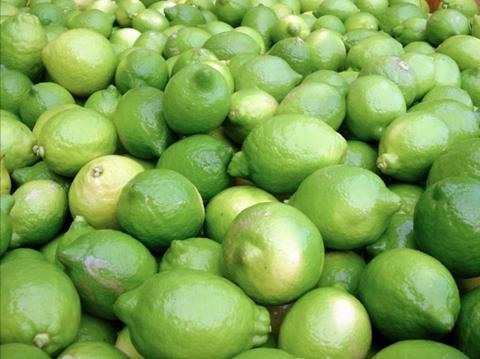
Organic lemon growers in certain regions of South Africa will not join others in voluntarily keeping their fruit out of the European Union this year, trade representatives have clarified.
Last week, the South African citrus industry opted to ban all organic lemon shipments in 2016 from regions affected by citrus black spot (CBS), a move designed to further minimise the risk of interceptions because of the disease.
However, citrus growers in the Western Cape and Northern Cape regions apparently fall outside of those risk areas and are therefore not affected by related EU interventions.
Representing less than 20 per cent of South Africa’s total lemon and lime production area, neither is among the country’s main lemon-growing areas; the Eastern Cape, Limpopo and Mpumalanga regions account for the bulk of its lemon and lime acreage.
In fact, sources suggest there are only two organic lemon producers in the Orange River region of the Northern Cape and it is reported that the volumes at stake are “fairly small”. The Northern Cape is also regarded as a non-CBS region.
Despite the free movement of citrus inside South Africa for more than a century, CBS has never established itself in either the Western or the Northern Cape. Both are also regarded as disease-free when it comes to exporting to the US.
Explaining the decision to ban exports of organic lemons from other parts of South Africa to the EU, the industry’s special envoy to Brussels, Deon Joubert, said it was a short-term measure designed to demonstrate the country’s commitment to minimising risk while negotiations with the EU are in progress.
“It is done in order not to take unnecessary risks this year while the country is sorting out its dispute with the EU regarding the way it is handling the citrus black spot issue,” he commented.
How the CBS matter will progress over the next few months remains to be seen. South Africa is expected to explore further its option to take the matter to the World Trade Organisation.
In the meantime, the industry has assured EU authorities that it will continue its comprehensive risk mitigation programme.



